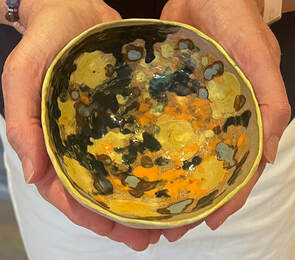 a possible future Sydney Town Hall square: artist's impression for City of Sydney
a possible future Sydney Town Hall square: artist's impression for City of Sydney Isn’t that Time Lord right? Time is much more fascinating than we ordinarily think. In today’s Gospel reading we are in this respect challenged deeply. For we are called to choose not only to address what is valuable in past, present and future: in what we call chronological, or measurable, time, deriving from the Greek word ‘chronos’. Rather we are brought face to face with ‘kairos’, another Greek word which means the ‘right or critical’, or meaningful, time. Πεπλήρωται ὁ καιρὸς, are the key words in Greek in Mark chapter 1 verse 15: words often translated as ‘the time has been fulfilled’ (or ‘is ripe’ - for, as the verse continues, ‘the reign of God has drawn near, (repent) turn around and believe the good news’…








 RSS Feed
RSS Feed